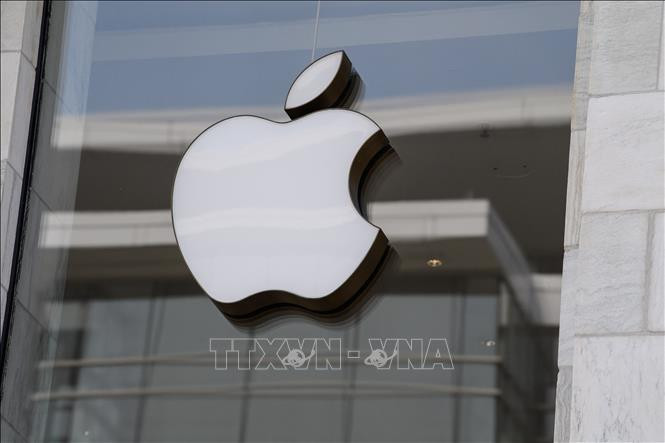The US Apple Corporation has completed moving 11 factories producing audio-visual equipment to Vietnam.
In addition, Intel Corporation expanded phase 2 of its chip testing factory in Ho Chi Minh City with a total investment value of up to 4 billion USD.
Strong shifting trend

According to Mr. Nguyen Thang Vuong, the trend of shifting global supply chains has been strong recently. For example, the US Apple Corporation has completed the transfer of 11 factories producing audiovisual equipment to Vietnam, Intel Corporation has also expanded the second phase of its chip testing factory in Ho Chi Minh City with a total investment of 4 billion USD, and the Danish Lego Group has invested in building a factory in Binh Duong with a total capital of 1 billion USD.
A series of large American corporations such as Boeing, Google, and Walmart have also announced their search to expand their supplier network and develop production facilities in Vietnam after a long period of researching the investment and business environment in Vietnam.
Most notably, Samsung has moved its entire phone production line to Vietnam and India. Currently, 60% of Samsung's smartphones sold worldwide are being manufactured in Vietnam.
The relocation of factories to Vietnam has created significant opportunities for Vietnamese enterprises to better access the Western European market, as well as receive additional FDI sources that tend to shift to Southeast Asia and Northeast Asia. However, along with opportunities are significant challenges for Vietnamese enterprises when participating in the global supply chain of giant corporations.
Select to join the chain
According to Ms. Do Thi Thuy Huong - Vice President of the Vietnam Association of Supporting Industries (VASI), along with Apple moving 11 factories in its supply chain to Vietnam, many other large corporations such as Foxconn, Luxshare, Pegatron, Wistron are also expanding their existing production facilities in Vietnam...
According to Ms. Huong, these capital flows have been increasing rapidly in recent times. In particular, the electronics sector has received special attention from global corporations. For example, Samsung built the largest research and development center of the group in Southeast Asia worth 220 million USD in Hanoi and is also planning to continue expanding factories in Bac Ninh and Thai Nguyen. A component supplier for Samsung, Hansol Electronics Vietnam (Korea), has recently been granted an investment license by the People's Committee of Dong Nai province for 2 projects with a total capital of up to 100 million USD.
VASI representative also said that, to be ahead, the Government needs to have stronger support policies for Vietnamese enterprises so that enterprises have enough capacity to receive technology, as well as enough competitiveness to maintain the domestic market. Along with that, when opening up to FDI enterprises, it is necessary to focus on selecting upstream technology, products that are highly competitive with the available technology of domestic manufacturing and assembly enterprises.
Another factor is that the technologies entering Vietnam must be technologies that do not consume much energy and do not harm the environment, along with the important condition of committing to develop a number of Vietnamese suppliers in the chain within a specific time frame.
Mr. Ngo Khai Hoan, Deputy Director of the Department of Industry, said that currently, Vietnamese enterprises participating in the supply chain are only at the intermediate stage, with low added value. Particularly, the stages of supplying main raw materials for the manufacturing, processing, textile, and footwear industries, most enterprises have to import.
According to Mr. Hoan, in the past, Vietnam took advantage of cheap labor, but now labor costs are increasing, so this advantage is gradually being lost, especially when looking at countries like India, the Philippines, and Cambodia.
Currently, foreign investors (FDI) are very interested in the supply capacity of domestic supporting industry enterprises when investing in Vietnam. Therefore, to welcome the wave of supply chain shift of FDI enterprises, in the coming time, the Department of Industry will focus on activities such as policy development, supporting training to improve capacity for enterprises as well as creating connection programs for domestic enterprises and corporations such as Samsung, Toyota, etc.
According to Tin Tuc newspaper